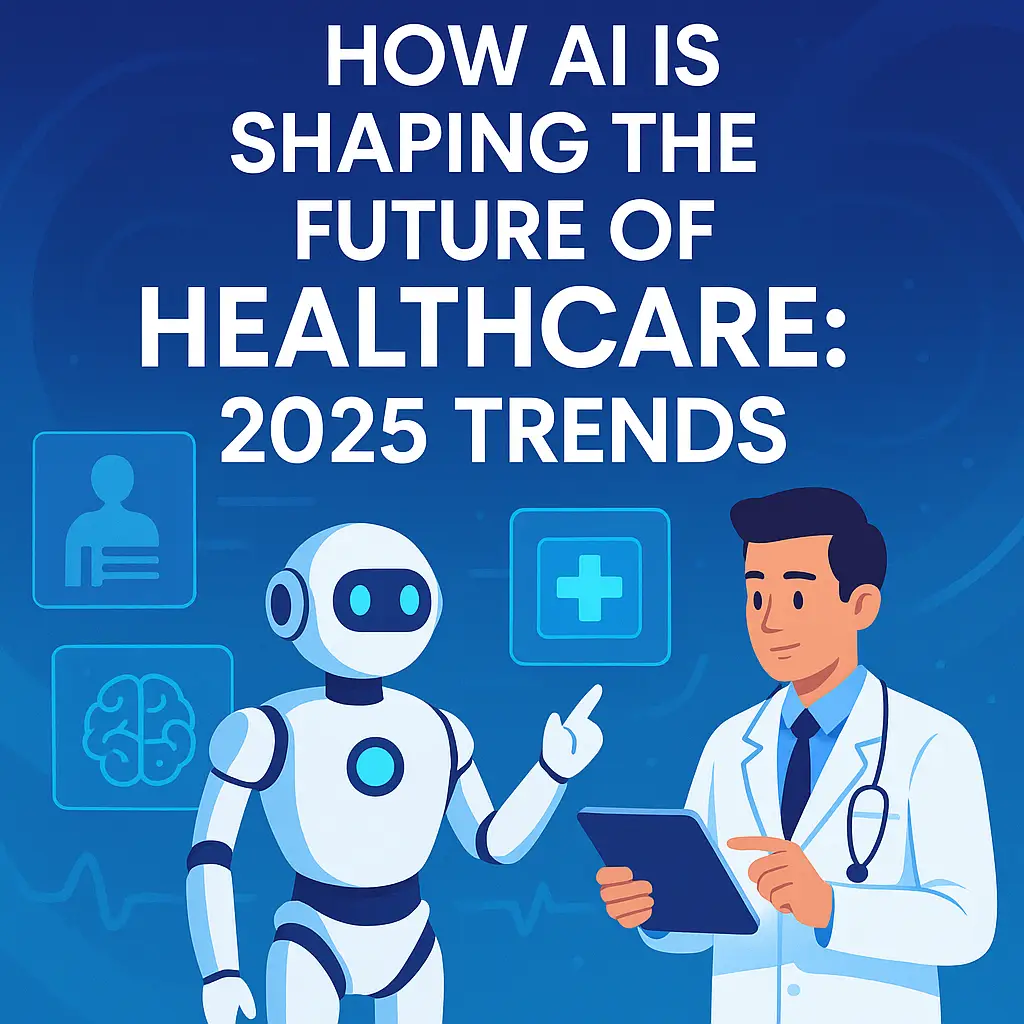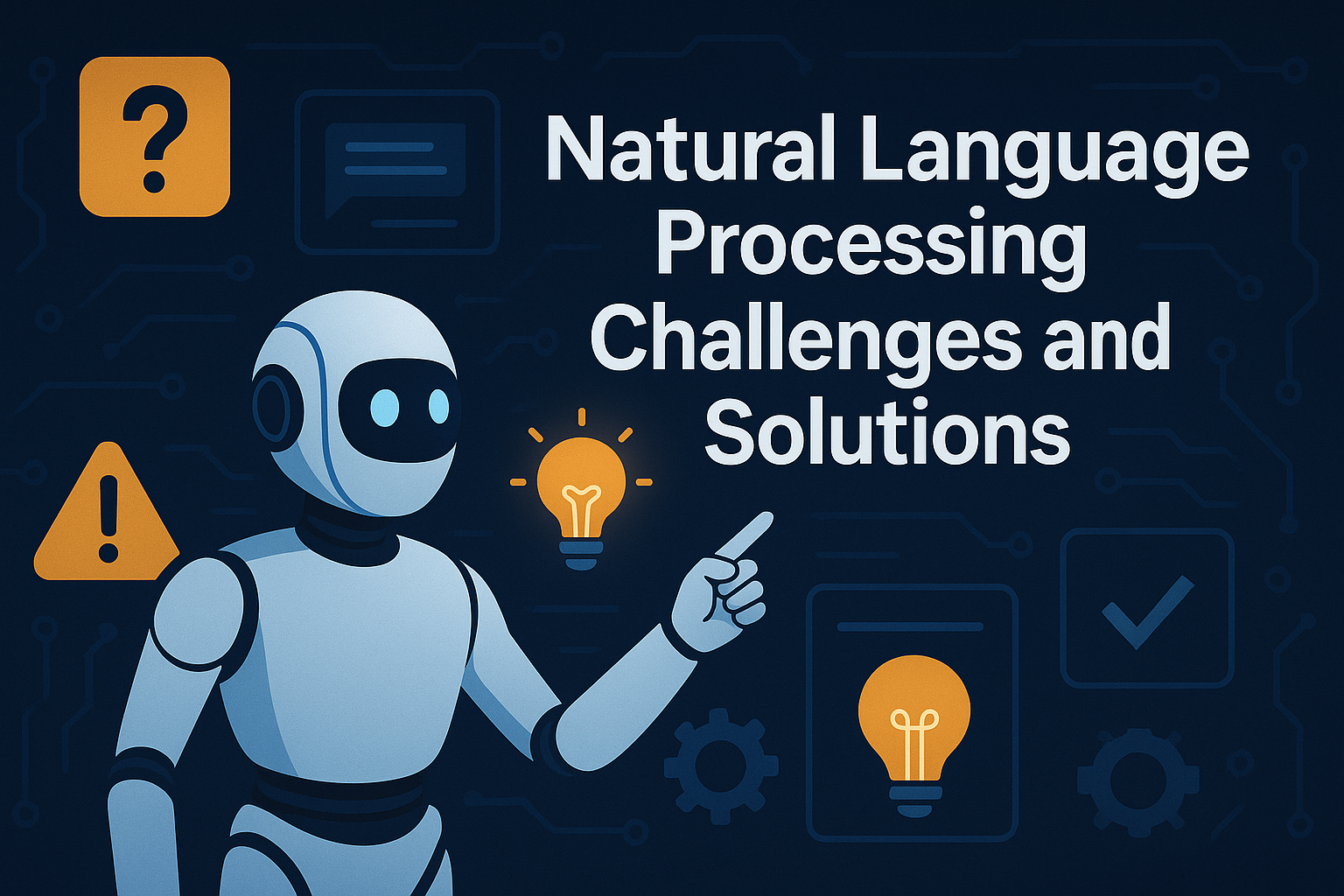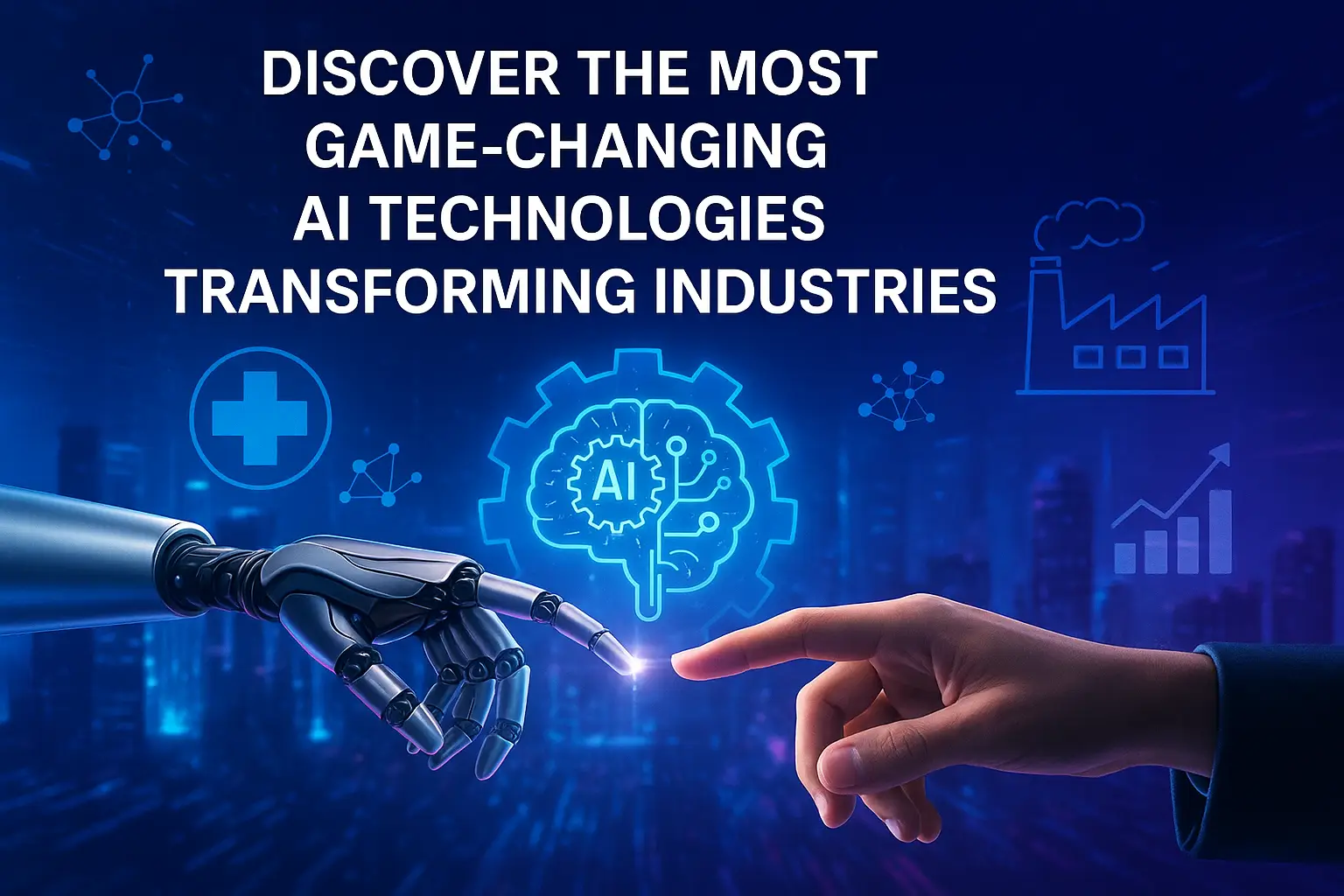Welcome to our deep dive into how AI is shaping the future of healthcare in 2025. As technology rapidly evolves, artificial intelligence (AI) is becoming a vital force in diagnosing diseases, personalizing treatments, automating hospitals, and predicting patient outcomes. Whether you are a healthcare professional, tech enthusiast, or simply curious about future medicine, this guide will walk you through real-world examples, scientific models, and trends shaping tomorrow's healthcare.
Related reads: Check out our detailed guide on How AI Is Changing Education and explore The Future of Remote Work to see how AI is impacting every industry.
🌟 Why AI in Healthcare Matters in 2025
AI in healthcare isn't just hype—it's solving real problems like misdiagnosis, treatment delays, and hospital inefficiencies. According to the World Health Organization (WHO), diagnostic errors affect nearly 5% of adults annually. AI can dramatically lower these risks through machine learning, data analysis, and automation.
🔍 Real-World Applications of AI in Healthcare
- Predictive Analytics: Forecasts patient risks based on medical history and current symptoms.
- Medical Imaging: AI analyzes X-rays, MRIs, and CT scans faster and more accurately than humans.
- Personalized Medicine: Treatments are customized based on genetics and lifestyle factors.
- Robotic Surgery: Robots assist doctors in performing precise surgeries with minimal invasiveness.
- Mental Health Chatbots: AI-powered therapy bots provide emotional support and early intervention.
🧠 How Predictive Healthcare Models Work (Mathematical Example)
One powerful tool is logistic regression, used to predict the probability of a health event (like heart attack risk).
Logistic Regression Formula:
P(Y=1) = 1 / (1 + e^-(β₀ + β₁X₁ + β₂X₂ + ... + βnXn))
- P(Y=1): Probability of disease occurrence (e.g., diabetes).
- X₁, X₂, ..., Xn: Variables like age, weight, blood pressure.
- β₀, β₁, β₂, ..., βn: Coefficients learned from historical health data.
🔵 Real Example: If a patient's calculated probability is 0.78, doctors may recommend early intervention!
🖥️ AI in Medical Imaging: Accuracy and Efficiency
AI models such as Google's DeepMind detect diseases like breast cancer with high precision. Here's how diagnostic accuracy is mathematically measured:
Accuracy = (TP + TN) / (TP + TN + FP + FN)
- TP: True Positive (correct disease prediction)
- TN: True Negative (correct no-disease prediction)
- FP: False Positive (incorrect disease prediction)
- FN: False Negative (missed disease prediction)
🔵 Example: In an AI breast cancer screening trial, DeepMind achieved an accuracy rate of over 94% (Source).
🔬 Personalized Treatment: Machine Learning Models
AI helps doctors create personalized treatment plans based on a patient’s DNA and lifestyle. One popular model is the Support Vector Machine (SVM), which classifies patients into treatment categories.
🔵 Example: IBM Watson Health uses machine learning to suggest personalized cancer therapies (IBM Watson Health).
⚙️ Robotic Surgery: AI-Enhanced Precision
Robotic systems like the da Vinci Surgical System use AI to enhance a surgeon’s capabilities. They reduce human error and recovery time for patients.
🔵 Real Fact: AI-assisted surgeries have 21% fewer complications compared to traditional methods (Source: Mayo Clinic Research).
🧠 AI for Mental Health Support
AI chatbots like Woebot provide therapy sessions, mood tracking, and CBT (Cognitive Behavioral Therapy) techniques. They improve mental health access for millions worldwide.
💸 Cost Reduction in Healthcare with AI
According to a Deloitte report, AI could save the healthcare industry $150 billion annually by 2025. Financial savings models use simple formulas:
Savings = (Old Cost per Treatment - New Cost per Treatment) × Number of Treatments
🔵 Example: AI-optimized treatments cut diabetes management costs by 20% per patient per year.
🏥 Smart Hospitals: AI Automation
Hospitals are integrating AI for everything from scheduling to inventory management. Automated triage bots are being used to assess emergency patients faster.
🚀 The Future of AI in Healthcare (Beyond 2025)
- AI-driven drug discovery (speeding up vaccines and treatments).
- Remote robotic surgeries across continents.
- Fully AI-powered health insurance claim processing.
🔗 Related Blogs You Must Read
📈 Final Thoughts: The Doctor's Best Assistant is AI
AI in healthcare is not replacing doctors—it's empowering them to deliver faster, safer, and more accurate patient care. As we move into 2025 and beyond, the symbiosis between human intelligence and artificial intelligence will revolutionize how we heal, prevent, and live healthier lives.
❓ FAQ: Your Quick Questions Answered
How accurate is AI in healthcare diagnosis?
Some AI systems reach over 94% accuracy, outperforming human experts in specific domains like radiology.
Will AI replace doctors?
No. AI will assist doctors by enhancing decision-making, not replacing human empathy or expertise.
How can hospitals implement AI?
Hospitals can use AI for predictive analytics, patient monitoring, robotic surgery, and administration automation.
What skills are needed for AI in healthcare?
Data science, machine learning, medical informatics, and strong ethical understanding are key skills needed.








